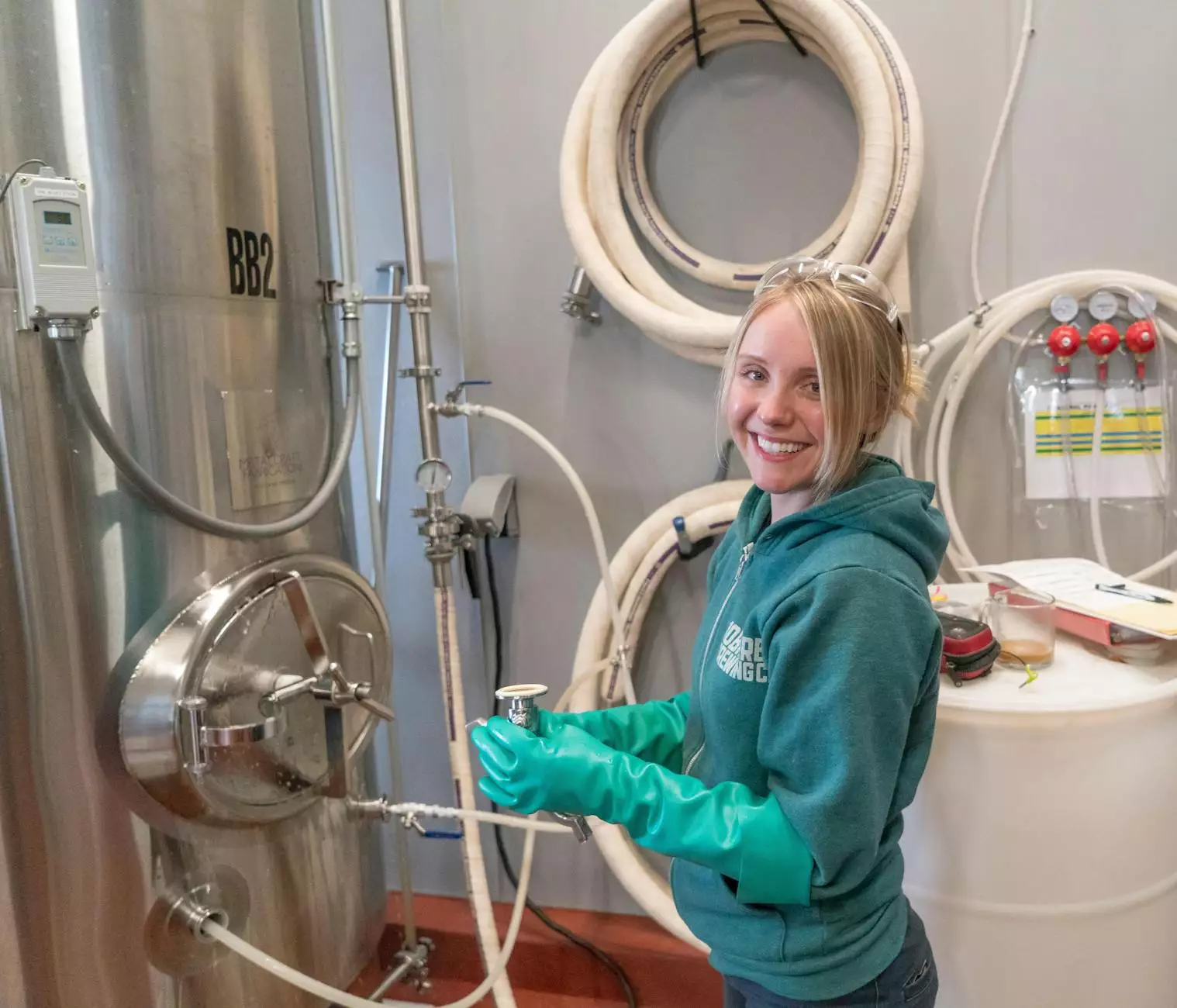Understanding Water Purification Services: A Deep Dive

Access to clean and safe drinking water is essential for both health and well-being. In today's world, the significance of having a reliable water purification system cannot be overstated. From households to large businesses, everyone is looking for efficient solutions to purify their water. In this article, we will explore the facets of water purification services, the importance of testing water quality, and how companies like Waterverzachter Aqua Group are at the forefront of this vital service.
What Are Water Purification Services?
Water purification services entail processes that improve water quality by removing contaminants, impurities, and harmful microorganisms. These services are crucial for both domestic and industrial purposes. Here are some key components of these services:
- Filtration: This is the most common method to remove solid particles from water.
- Disinfection: Techniques such as chlorination and UV treatment eliminate harmful bacteria and viruses.
- Reverse Osmosis: A technology that separates contaminants from water by using a semi-permeable membrane.
- Ion Exchange: A process that softens hard water by exchanging calcium and magnesium ions with sodium or potassium ions.
Why Is Testing Water Essential?
Before any purification process can begin, it is vital to perform a comprehensive water test. Testing water allows us to understand its initial condition and identify any potential issues that need addressing. Here are some reasons why testing is crucial:
- Identifying Contaminants: Water can contain various pollutants including heavy metals, pesticides, and bacteria that can have serious health implications.
- Monitoring Water Quality Over Time: Regular testing helps in tracking changes in water quality and efficacy of the purification system.
- Regulatory Compliance: In many industries, testing is a requirement to meet certain health and safety regulations.
Types of Water Testing
There are several methods to test water, each serving different purposes:
1. Physical Testing
This involves checking for physical characteristics such as color, turbidity, and odor. These factors can indicate contamination or the presence of microorganisms.
2. Chemical Testing
Chemical testing measures the concentration of various substances in the water, including pH levels, chlorine content, and metals like lead and arsenic.
3. Biological Testing
This identifies the presence of harmful microorganisms such as bacteria or viruses that can cause illness.
Choosing the Right Water Purification Service Provider
When selecting a water purification service provider, consider the following:
- Experience and Expertise: Look for providers with a solid track record and expertise in water purification technologies.
- Comprehensive Services: Opt for a provider that offers a full suite of services, from testing to purification and maintenance.
- Customer Reviews: Research customer testimonials and ratings to gauge the quality of service offered.
- Certifications: Ensure the provider meets local and national health and safety regulations.
The Importance of Custom Solutions
Every water source is unique, and therefore, purification systems should be tailored to individual needs. Factors such as local water quality, intended use of water, and budget all play vital roles in determining the best solution. Here are some tailored solutions:
- Residential Systems: These systems can range from simple filters to elaborate reverse osmosis units, designed to ensure families have access to safe drinking water.
- Commercial Systems: Businesses may require larger systems capable of handling high volumes of water while maintaining quality during production processes.
- Industrial Solutions: Industries dealing with stringent regulations and large water usage will benefit from advanced multi-stage purification processes.
Innovations in Water Purification Technologies
Innovation plays a crucial role in improving the effectiveness and efficiency of water purification services. Here are some groundbreaking technologies making waves in the industry:
1. Nanotechnology
Nanotechnology is being utilized to develop new filtration systems that can remove even the smallest contaminants from water, making it safer than ever.
2. Solar Water Purification
Using solar energy for water purification processes is not only sustainable but also cost-effective, especially in regions with ample sunlight.
3. Smart Water Quality Monitoring
Advanced monitoring systems using IoT technology allow real-time tracking of water quality and automated responses to issues as they arise.
Environmental Impact of Water Purification
Water purification does not only protect human health but also plays a significant role in environmental conservation. Efficient systems reduce water wastage, promote sustainable practices, and help preserve our natural water resources. Here’s how:
- Reducing Pollution: Effective purification prevents contaminants from reaching natural water bodies, thus protecting aquatic ecosystems.
- Preserving Natural Resources: By reusing and recycling water through various purification technologies, we can conserve valuable water sources.
- Promoting Public Health: Clean water minimizes the risk of waterborne diseases, leading to healthier communities and reduced healthcare costs.
Conclusion
In conclusion, investing in quality water purification services is essential for anyone seeking safe and clean water. Companies like Waterverzachter Aqua Group offer robust solutions tailored to diverse needs, ensuring both personal health and environmental sustainability. Don't underestimate the power of tested water; it's the foundation of a thriving life.
tester water








